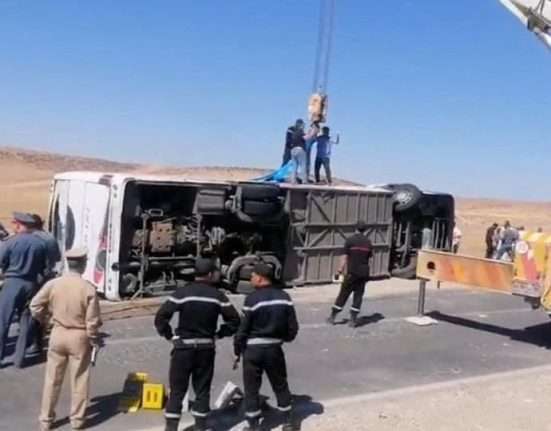DHAKA: On Tuesday, a cyclone raced onto the shore of Bangladesh, killing at least nine people, wrecking homes, uprooting trees, and interfering with electricity, communication, and road lines, according to officials.Mass evacuations carried out in advance of Cyclone Sitrang’s landfall on the west coast helped save lives, but officials warned that the whole scale of the losses and damage wouldn’t be known until after communications had fully recovered.
Mizanur Rahman, a resident of Bhola district, said after communications were resumed in his neighbourhood, “It was dreadful, it appeared like the sea was going to grab us.All we could do during the long night was pray.A 3 m (10 ft) storm surge that inundated low-lying coastal communities was caused by the cyclone when it slammed into the region from the Bay of Bengal with gusts blowing up to 88 kph (55 mph).
According to officials, power and telephone communications have mostly been severed, and coastal communities are now completely dark.Most fatalities were caused by falling trees crushing the victims.Over a million ethnic Rohingya immigrants from neighbouring Myanmar are housed in flimsy shelters in refugee camps in southeast Bangladesh, although no significant damage has been reported there.
Authorities urged the almost 32,000 Rohingya refugees who had relocated from the camps to a Bay of Bengal island prone to flooding to remain inside.Dhaka, the country’s capital, had minor flooding as a result of the torrential rain that dropped on the city’s streets.East Bengal, an Indian state.
The frequency of extreme weather events in South Asia has increased recently, causing extensive harm. Environmentalists caution that additional natural disasters may result from climate change, particularly in Bangladesh, which has a dense population.Floods and droughts, for example, were “on a scale that has never been observed before” in 2022, according to ActionAid group’s Bangladesh country director Farah Kabir.













